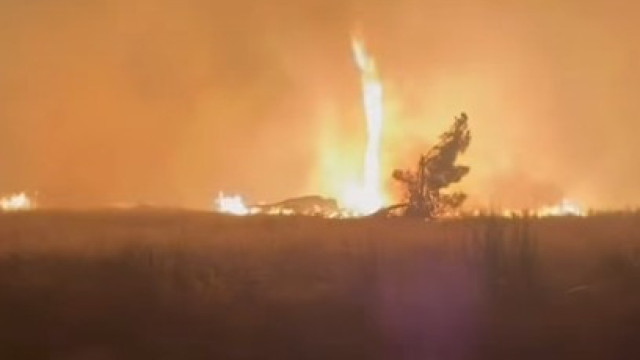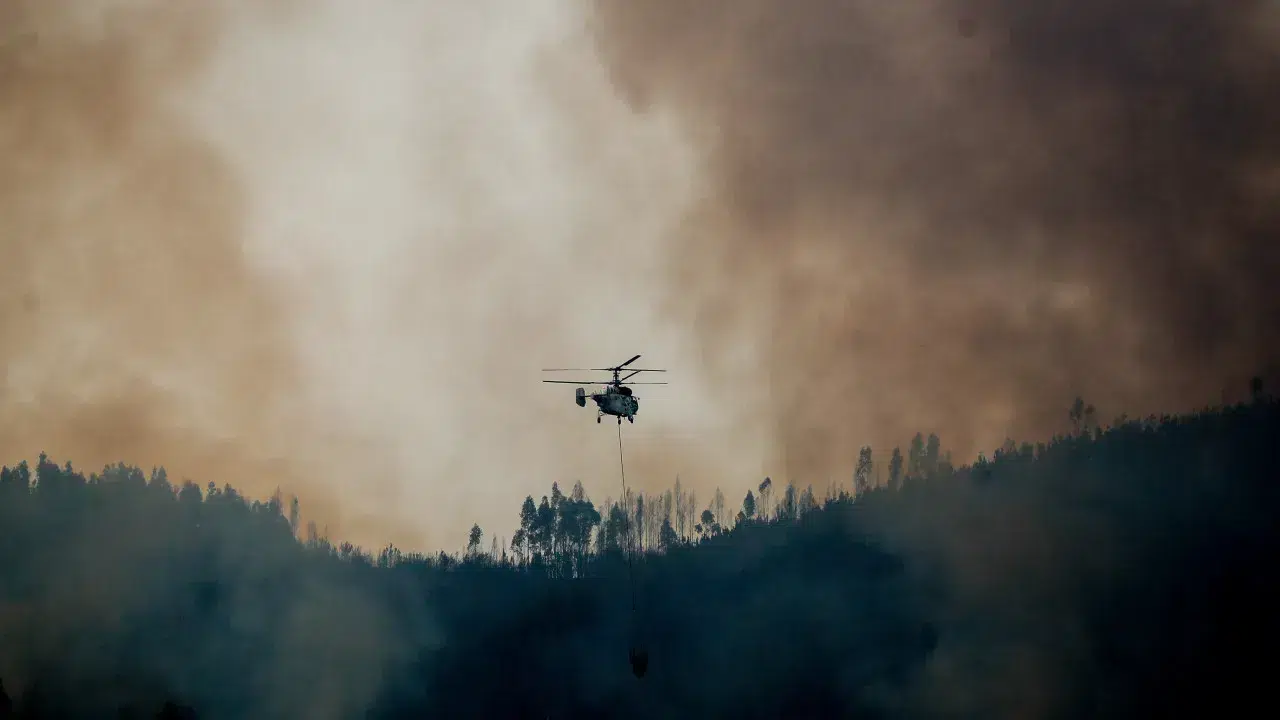
The former Secretary General of the Socialist Party (PS), Pedro Nuno Santos, addressed the recent fires that have ravaged the country’s interior, highlighting the lack of investment in those areas. On Thursday, August 21, he shared his insights on social media, drawing attention to the issues exposed by the fires.
In his statement titled “The Country That Doesn’t Go on Vacation,” the socialist deputy emphasized that there’s a “country that doesn’t go on vacation, but is only talked about during vacations.”
“Houses and lands abandoned, elderly alone in the interior, families living with low wages, young people without future prospects in their birthplace,” he noted, explaining the situation of a country increasingly divided between the coast and the interior.
“More than two-thirds of the national territory is systematically absent from major national debates and state budgets, even though it appears daily on our televisions during August,” he said. “Come October, it will again disappear from our screens, and like the territory, the people living there will be forgotten for the rest of the year. It’s been this way for decades, and we all bear responsibility. At the moment of truth, the little national public investment goes to the coast and almost always to the same places. We are told that people live on the coast. Yes, and if we continue with the same strategy, even more will. The roads, schools, and healthcare centers we build on the coast will never be enough if we don’t seriously invest in the development of the interior.”
Pedro Nuno Santos argued that “continuing to rely on the market to develop the interior is just repeating the mistake. The market and the absence of the state are responsible for the depopulation of the interior. We need the state, a strategy, and serious public investment.”
“There’s no point in arguing about financial cost. A country concentrated on the coast is much more expensive: disordered urban growth, expensive housing, congestion and hours lost in traffic, pressure on public services in major urban centers, unviable public services in the interior, and a high environmental cost,” he emphasized, concluding with a paradoxical observation.
“It’s paradoxical that a country which always complained about being small has reduced itself to a small and narrow coastal strip,” he concluded.
It’s worth noting that mainland Portugal has been severely affected by multiple significant rural fires since July, especially in the northern and central regions. Three people have died, and many have been injured, alongside causing extensive damage.
As of August 21, provisional official data shows that 234,000 hectares have burned in the country, with more than 53,000 of those in the Arganil fire alone.
On Thursday, August 21, the Council of Ministers announced a package of 45 measures to support the people and businesses affected by the fires, including “financial support for families for necessary expenses when economic hardship is confirmed,” “support for the acquisition of immediate goods” like animal feed, and assistance in rebuilding primary residences, with 100% funding up to 250,000 euros.




